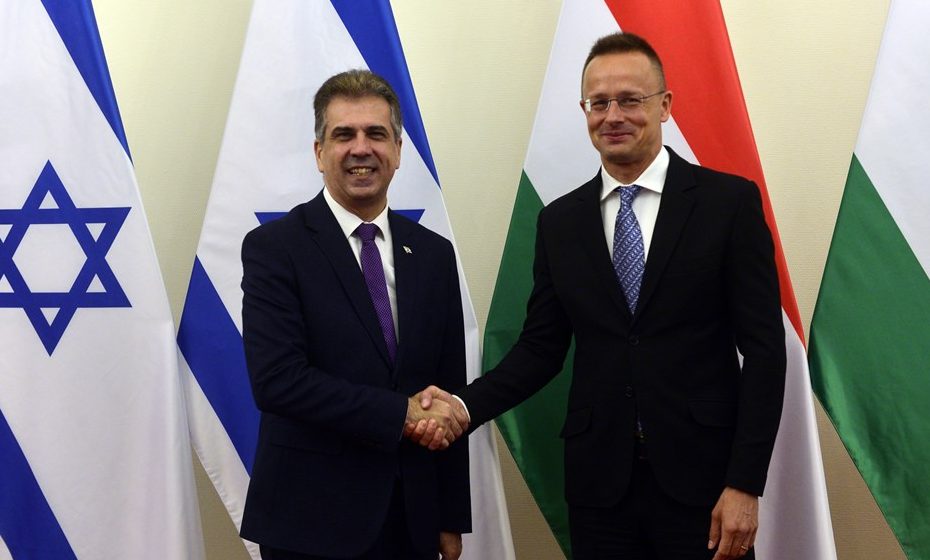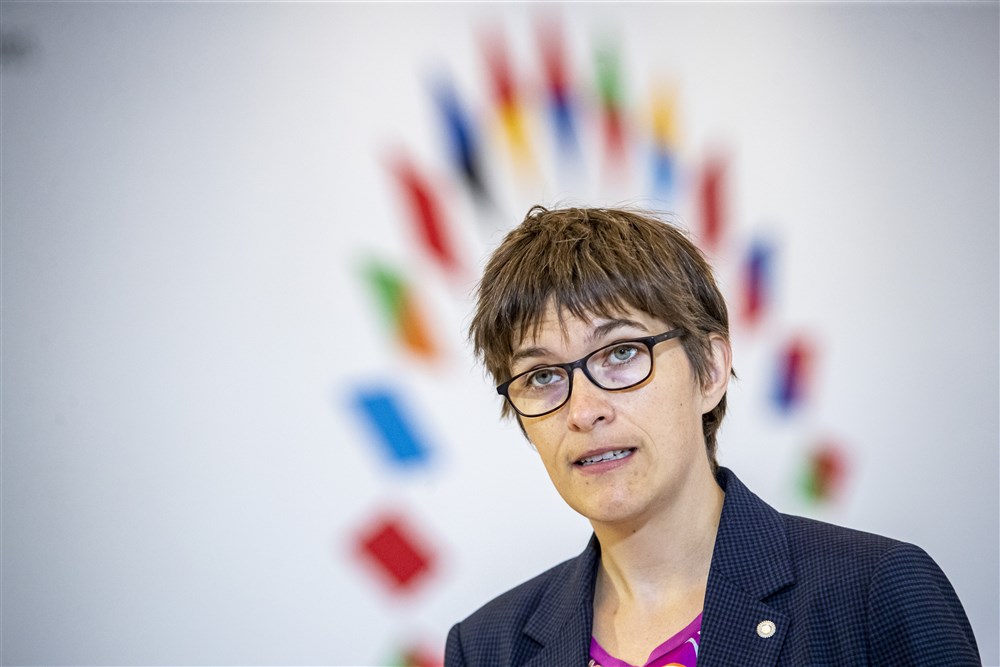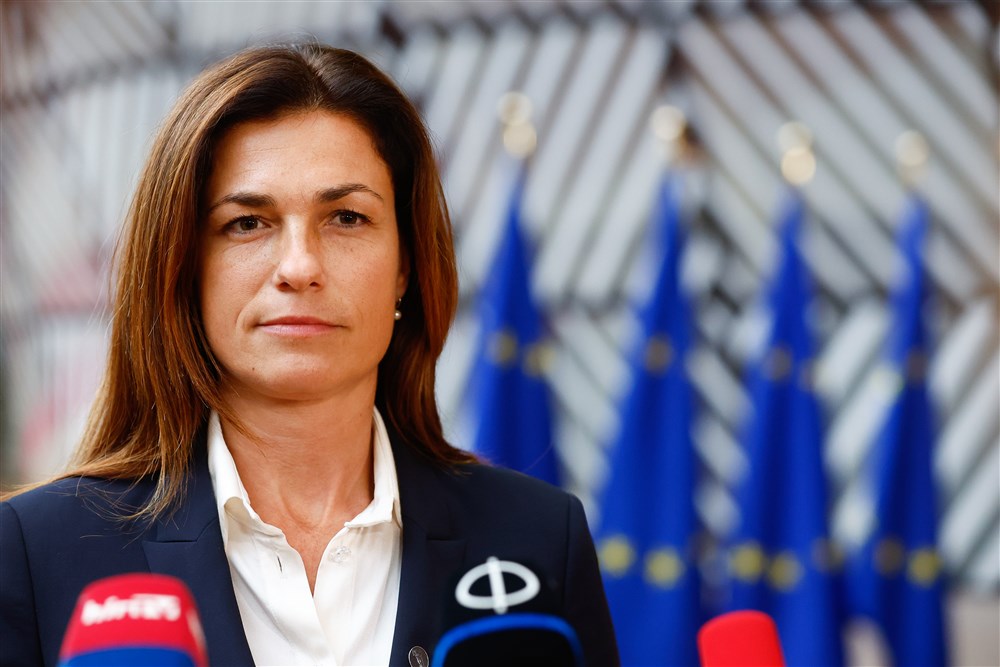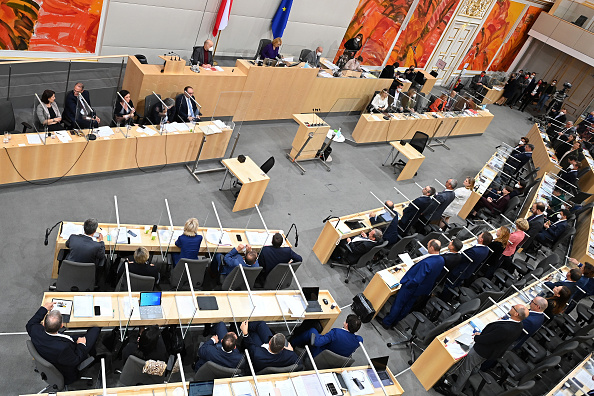Furious debate has erupted over Hungary’s upcoming presidency of the Council of the European Union, spurring demands to kill off the six-month rotating EU Council leadership policy entirely.
Articles criticising the forthcoming Hungarian presidency were published online on June 5 and June 6, by digital news platforms EUobserver and Euractiv, respectively.
In the latter piece, Romanian MEP with the Renew Europe Group, Alin Mituța, warned that Hungary must be stopped from taking control of the Council, a role that is due to start in the second half of 2024. He said Hungary “has become more of an arch blocker in the decision-making process of the Council rather than the honest broker”.
He questioned whether the EU should even “continue with the rotating presidency of the Council, a legacy from the past”, suggesting it should perhaps become more in line with “other EU institutions”, many of which are run under permanent and unelected leadership.
The EU Council is one of the few such institutions specifically designed to be intergovernmental, thus providing EU representation and relative constitutional influence to national governments in the bloc.
Speaking to Brussels Signal, Mituța said: “The rotating presidency was created at the beginnings of the EU, when we had few Member States and no stable presidency of the European Council.”
Drawing on the example of the European Council – similar to but separate from the Council of the European Union – he stood by his belief in permanent leadership. “Now we have a stable president of the European Council, who represents the Member States, so it would be only normal that he assumes also the chairing of the Council,” he said.
Mituța also justified his standpoint by referencing the EU reform recommendations from the Conference on the Future of Europe, a series of EU citizens’ panels held during the Covid-19 pandemic lockdowns. Many MEPs withdrew from that conference last year, citing that for a conference intended to directly address EU citizens’ concerns, polls had shown that fewer than five per cent of Europeans had even heard of it.
In the EUobserver article, Dutch Renew MEP, Samira Rafaela, and Tom Theuns, a senior political academic, said the top priority was simply to ensure the Hungarian take-over of the presidency was prevented. They outlined a number of possible ways this could be achieved, adding that the country was not fit to lead the EU given the “deplorable state of Hungarian democracy”, which they said has been “eroded dramatically”.
Hungary was quick respond to the accusations. Zoltán Kovács, the Hungarian government commissioner for the country’s 2024 presidency, published a response piece describing any plans to prevent Hungary’s accession to the position as “wishful thinking”.
Kovács said blocking the Hungarian Council presidency would depart from the principles “laid down in the EU’s founding treaties” and would put in “jeopardy the very foundations of the European Union”. However, he claimed any threats were of little consequence, believing that the “adults in the room” would prevail.
Speaking to Brussels Signal, Hungarian MEP, Balász Hidvéghi, echoed Kovács, saying such calls for a bar on his country were ideologically driven. Hidvéghi described suggestions relating to the abolition of the rotating Council presidency as “yet another wild dream of yet another Liberal MEP”.
Both Hungarians believe concerns regarding their country’s taking on of the presidency are generated in the main by the EU Parliament’s left-liberal majority.
“However, if we go into the core of the idea, we also see clearly that nothing is sacred for the left-liberal EP majority anymore,” Hidvéghi said.
Stating that the situation regarding Hungarian presidency concerns poses a danger to the future of the EU, he added: “Today it is Hungary and Poland, but who knows which Member State is going to become the next target of these politically motivated attacks?”
He added that since any national government “driven by common sense and national interest” and that leans “towards a strong Europe of strong nation-states” is a potential target, “this is what makes these blatantly liberal MEPs’ dreams dangerous”.





